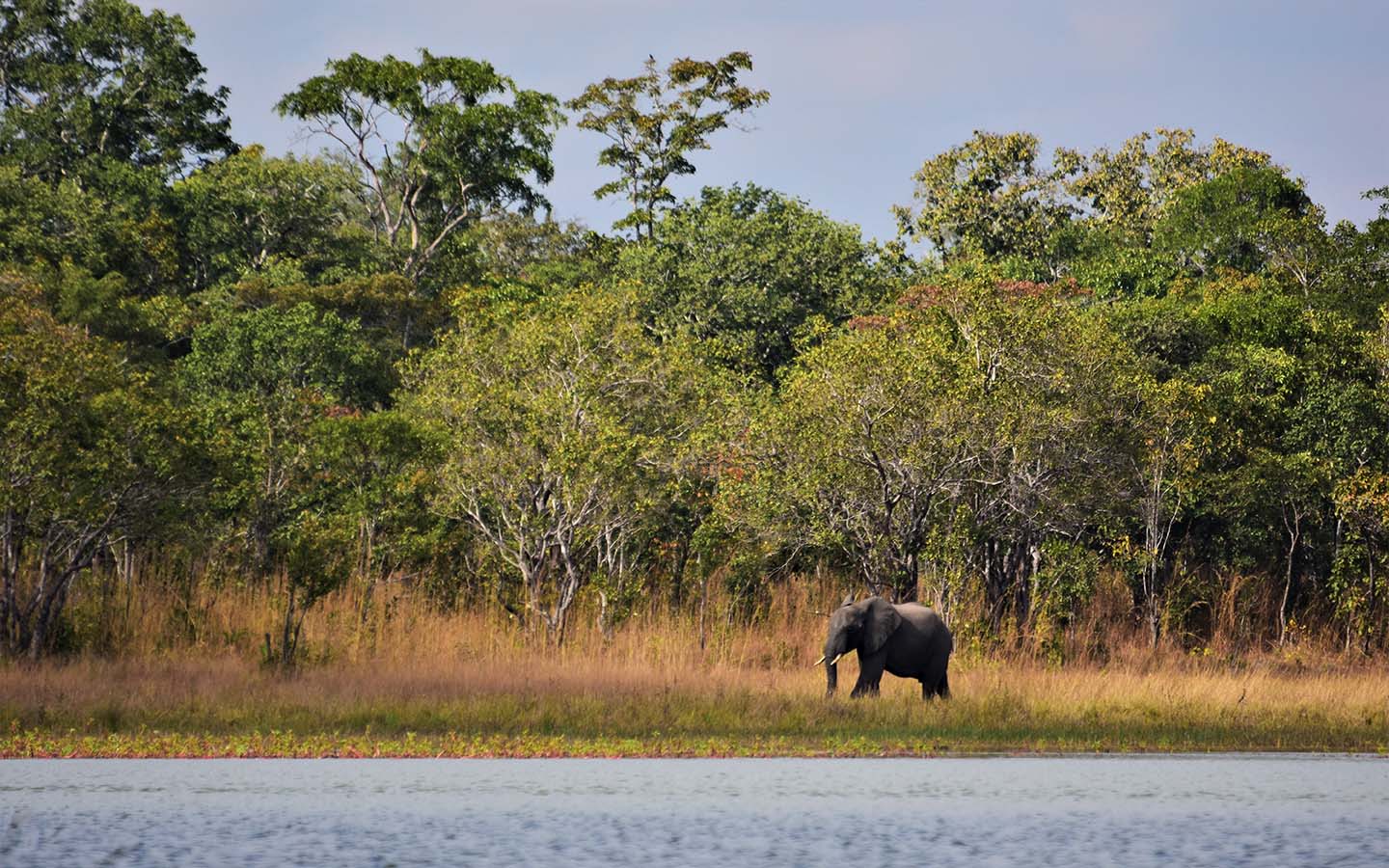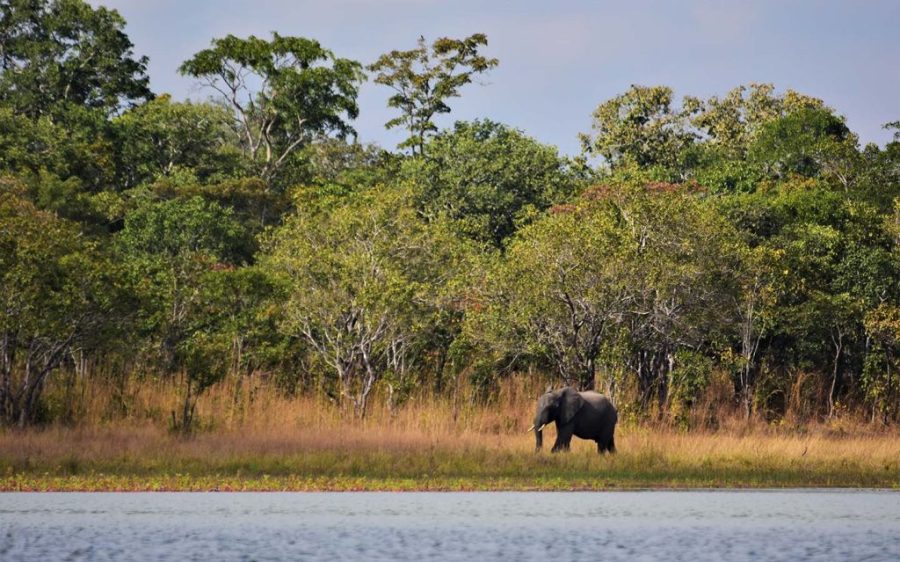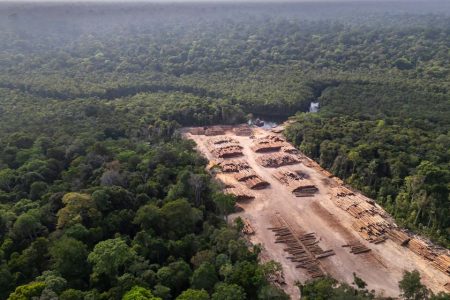Mozambican President Felipe Nyusi has announced the raising of more than US$500 million for the Miombo Initiative, a Mozambique-led effort to protect a network of woodlands spanning 11 southern African nations, following a high-level dialogue in New York.
“We managed to convince the world that we need to protect the Miombo woodland,” he said at a press conference Tuesday, stressing the importance of “maximum transparency” as the project moves forward “because the Miombo doesn’t just belong to Mozambique.” Donor support came in the wake of talks between dozens of US business leaders and African ministers, including Nyusi, Botswana’s President Mokgweetsi Masisi and Malawi’s President Lazarus Chakwera.
Despite raising over half a billion dollars, Nyusi believes “the figure will not stop there,” urging that a management mechanism be set up to run the regional project. “Miombo is now on the world map.”
[See more: A new rainforest gains prominence in the fight against climate change]
The Miombo woodland is the largest tropical dry forest ecosystem in the world, spanning over 2.5 million square kilometres and 11 countries to include tropical and subtropical grasslands, bushlands and savannahs. It is also home to more than 300 million people who depend on the woodland and Greater Zambezi hydrographic basin that sustains it for freshwater, food, shelter, electricity, timber, tourism, fish and medicinal plants.
In 2022, 11 countries signed on to the Maputo Declaration of the Miombo Woodland (known commonly as the Maputo Declaration): Angola, Botswana, the Democratic Republic of Congo, Malawi, Mozambique, Namibia, Republic of Congo, South Africa, Tanzania, Zambia and Zimbabwe. Mozambique, where the Miombo covers around a third of the country, has led the process and aimed to mobilise investments to cover an action plan estimated at US$550 million, of which US$153 million has been guaranteed since 2022 and over US$500 million raised this week.
The plan developed by Mozambique prioritises mapping and recovering the areas most affected by deforestation, one of the biggest problems facing the Miombo, but also on monitoring and developing income-generating projects as alternatives to forest exploitation. Nyusi, who will not be running in the general elections on 9 October, assured that his advocacy for the Miombo will be a “relay race” in which he will do as much as he can before leaving office to ensure that his successor does not have to “make up for lost time.”






